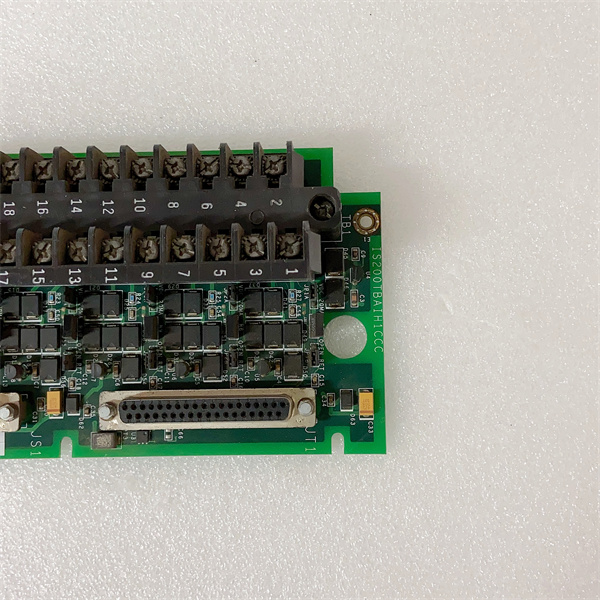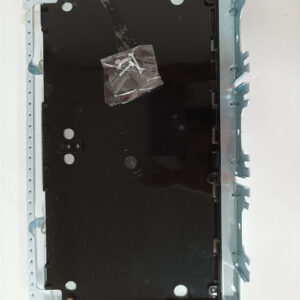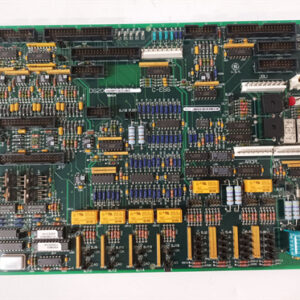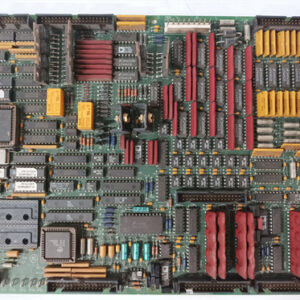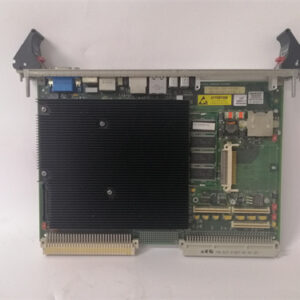الوصف
The GE DS4815PRTA is a Printer Driver Card for the Mark V Speedtronic turbine control system. Its primary function is to serve as a dedicated interface between the control system’s processors and an external printer, enabling the creation of a physical, chronological log of system events, alarms, and operator actions.
Technical Breakdown 🧠
This module is a crucial component for hardcopy logging and system diagnostics.
- Communication Interface: The
DS4815PRTAreceives a stream of event data from the main Mark V processors. It then formats this data and sends it out through a serial or parallel communication port to a designated printer. The card manages the communication protocol, ensuring that the data is sent correctly and that the printer’s status is monitored. - Hardcopy Logging: In many industrial environments, a physical record of events is essential for regulatory compliance, post-incident analysis, and troubleshooting. The printer driver card ensures that every critical event—from a high-temperature alarm to an emergency stop—is recorded on paper with a precise timestamp. This provides an invaluable record for maintenance personnel and engineers.
- System Integration: The card is designed to plug directly into the Mark V backplane, establishing a high-speed, reliable connection to the system’s core processors.
Applications 🏭
The DS4815PRTA is a fundamental component in Mark V control panels for:
- Event Logging: Creating a continuous, physical record of all alarms, faults, and status changes.
- Safety and Compliance: Fulfilling requirements for event recording in critical industrial applications.
- Diagnostics: Providing a historical record that can be used to analyze system behavior and troubleshoot past issues.
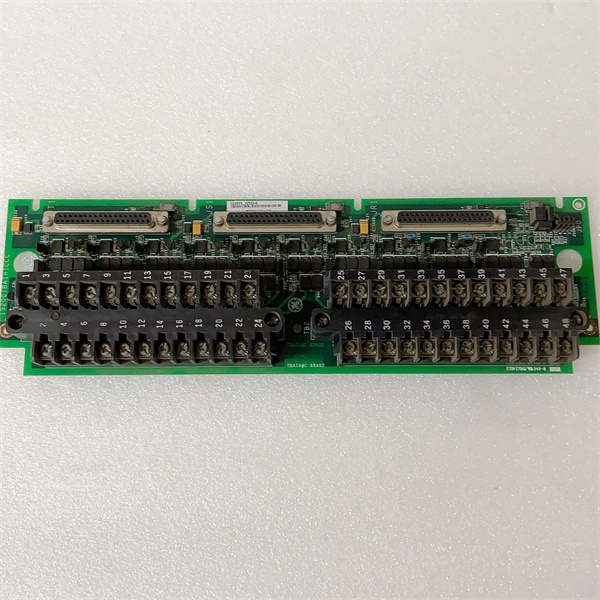

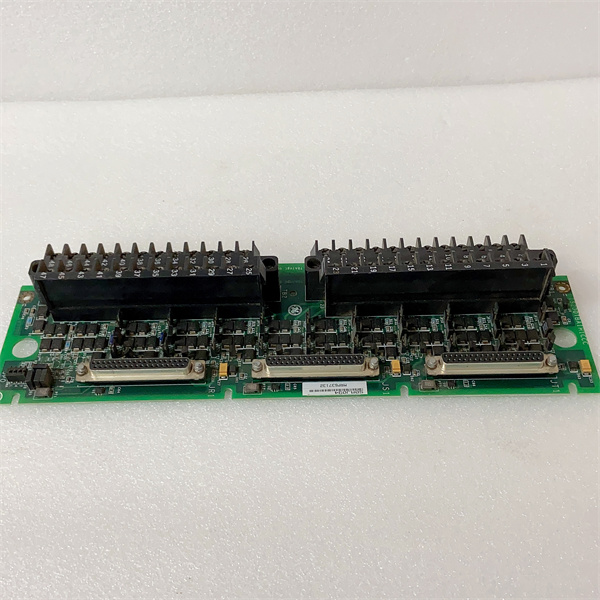
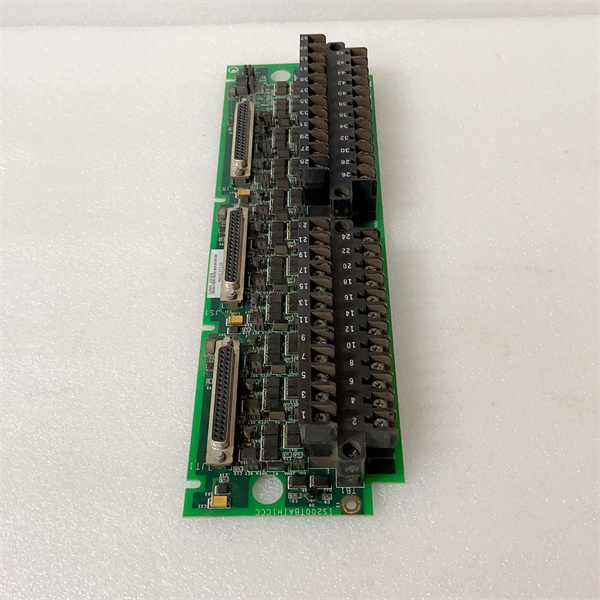

 +86 15340683922
+86 15340683922 +86 15340683922
+86 15340683922